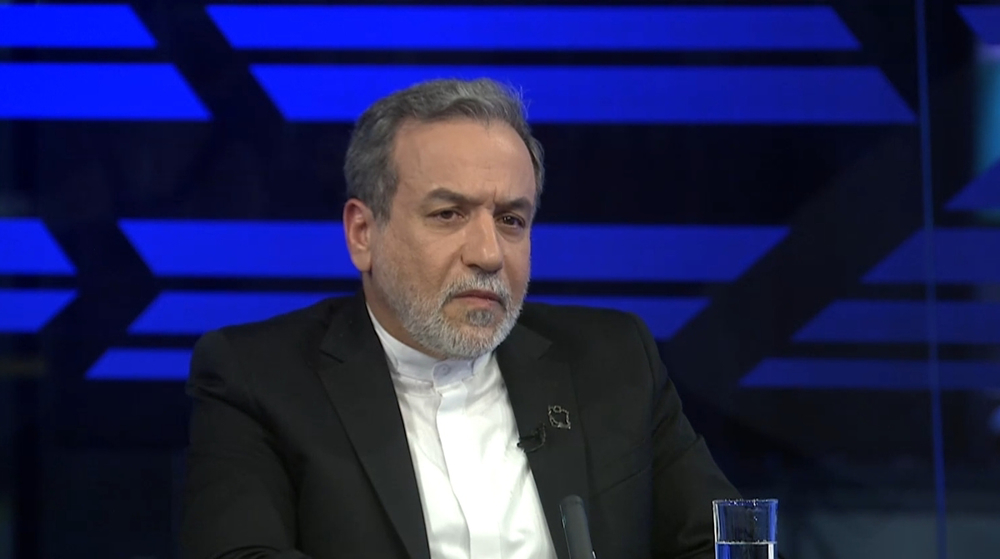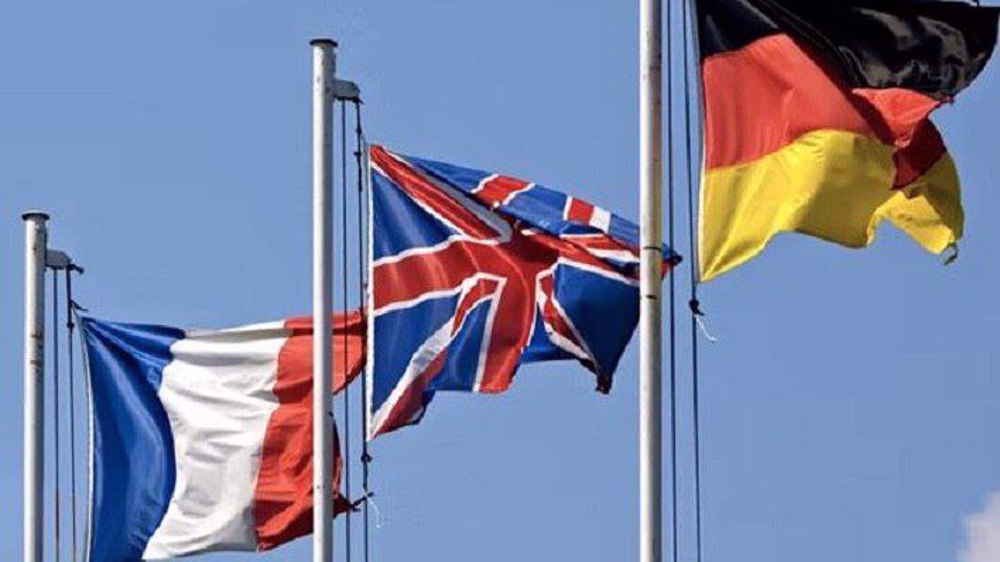Israel’s President Rivlin has stopped meeting with Netanyahu
Israeli President Reuven Rivlin says he has not met with Prime Minister Benjamin Netanyahu for nearly two months and is not planning to meet with him either.
Rivlin is an outspoken critic of Netanyahu’s policies on the Iran nuclear agreement, which he believes is isolating Israel within the international community.
The Israeli president is particularly concerned about Tel Aviv-Washington ties, which have been in tatters since Netanyahu denounced the administration of US President Barack Obama over the Joint Comprehensive Plan of Action (JCPOA), clinched between Tehran and the global powers, including the United States, in mid-July.
“I meet with the prime minister regularly once a month, but over the past two months we did not get to meet,” Rivlin said in a Wednesday interview with Israel’s Army Radio.
The top Israeli officials met on July 17 last time, three days after the accord was announced in Vienna.
Since the beginning of talks between Tehran and the P5+1 – the US, Britain, Russia, China, France, and Germany – the Israeli prime minister has adopted a menacing tone on the matter, even after the accord was clinched and backed by the UN Security Council.
“I think we exhausted our differences on everything to do – not about the Iranian issue – but about Israel’s ties with the international community,” said the Israeli president. “We exhausted that issue, and until things are removed from the agenda, we probably don’t need to meet because each of us is busy with the same issues.”
In March, Netanyahu delivered a speech against a potential agreement at the US Congress without permission from Obama, worsening ties between the old allies even further.
Netanyahu remained hopeful that Israeli–backed Republican senators would kill the accord on the US Capitol; however, Obama’s achievement of enough support from democratic senators changed the game by sustaining his veto power earlier this week.
But even this failed to change Netanyahu’s tone, as sources in his office said “the prime minister has a responsibility to speak out against the deal,” and “will continue to do so.”
"It seems to me that there have been three periods during which we could have envisaged a renewed dialogue with the United States despite our differences of opinion," Rivlin said. "It is up to the prime minister to decide on this subject, but his opinions are different from mine."
While celebrating his first year in office, Rivlin said in August that he is “very worried about the battlefront that has opened up between Obama and Netanyahu and the relations between the United States and Israel.”
“The prime minister has waged a campaign against the United States as if the two sides were equal and this is liable to hurt Israel… we are largely isolated in the world,” he added at the time.
Engaged in nuclear talks with Iran, the Obama administration has been running a campaign in favor of the JCPOA inside and outside the US.
Israel, however, remains the only US ally left criticizing the conclusion of the nuclear talks.
US Energy Secretary Ernest Moniz, a delegate in the talks, told CNN on Tuesday that there is no consensus among Israeli officials over the JCPOA.
Araghchi: Iran-Russia strategic deal step toward ‘more just world’
UNRWA unraveled amid Israel's allegations, reduced intl. support
Palestinian journalist, a Sobh Media Festival awardee, killed in Gaza hours before truce
Jan. 15: ‘Axis of Resistance’ operations against Israeli occupation
VIDEO | Fears, hope in Gaza amid intensified ceasefire efforts
VIDEO | Press TV's news headlines
Hamas: Ceasefire agreement result of steadfastness, resistance in Gaza over 15 months
Hamas thanks Iran, Resistance Front following achievement of ceasefire in Gaza










 This makes it easy to access the Press TV website
This makes it easy to access the Press TV website